In September of 2020, Avalanche Software announced Hogwarts Legacy as the studio’s new project. Given the high status of Harry Potter’s wizarding world, Avalanche likely expected to hear a barrage of excitement about the upcoming title. However, that isn’t what happened. A few months prior, Harry Potter series author J.K. Rowling began to openly share her transphobic beliefs on Twitter. The discourse online about the IP quickly turned caustic, dragging every Harry Potter book, movie, and video game into controversy with it.
Very quickly, some fans tried to salvage their love for Harry Potter by clinging to a common critical concept: “the death of the author.” The phrase refers to the idea that once a work is published, the author’s intentions don’t matter anymore. In other words, the story becomes the property of the readers and their interpretations. That erased any possible problems with reading, playing, and interacting with the Harry Potter universe, right? As long as they avoided any direct support of J.K. Rowling, Hogwarts, and the wizarding world belonged to them, the readers.
Related: JK Rowling’s transphobic views and her effect on Hogwarts Legacy – controversy explained
The problem with that concept is that Rowling’s opinions don’t just live on Twitter. If you look deeper at her wizarding world, her troubling worldview on several oppressed minority groups begins to surface. Her LGBTQ+ coded characters tend to be dubiously manipulative and sometimes outright villains, like Gilderoy Lockhart, Professor Slughorn, Rita Skeeter, and Gellert Grindelwald. Many of her diverse characters have names that sound like a joke about their ethnicity. See: Cho Chang, Kingsley Shacklebolt, or Queenie Goldstein.
And the one that’s easily gotten worse over time is her portrayal of her Jewish-coded goblins. Rowling’s goblins have become so offensive that it almost seems like a parody, and some of those portrayals aren’t solely Rowling’s own writing. Even stories with co-writers, or stories written by completely new storytellers, cannot escape the unjust, discriminatory world that Rowling created.
The history of goblins in Harry Potter

To understand what Rowling has done with her version of goblins, you need to understand her version of goblin culture and history. At first glance, her goblins are rooted in very Tolkien-esque, folktale descriptions: hooked nose, short and stout, and connected to money. While this once was a pretty deliberate medieval analogy for Jewish people, it’s also such a common part of the fantasy lexicon that it’s understandable to use those descriptors and trademarks without knowing its antisemitic history.
However, the strange part is when you look deeper into the history she built specifically for her goblins. Rowling’s goblins are a magical species that appreciate creation and collection, making them perfect safekeepers and bankers. Within the Potter lore, a goblin named Gringott founded Gringotts in 1474, the first and only wizarding bank, to protect magical money and objects. The bank has been a staple of the magical world since.
Related: Hogwarts Legacy shofar controversy reignites antisemitism accusations on social media
Despite this seemingly symbiotic relationship between goblins and wizards, there have been on-and-off goblin rebellions for centuries after Gringotts’ creation. While goblins can use magic without a wand, wizards have refused to legally allow them that right. So they protect magic, they can build with it, but they aren’t allowed to use it the same way as wizards. It’s like telling an angel that they’re not allowed to ride the subway because they have wings. They might not need to use it, but barring them entirely from public access is an understandable offense and act of segregation. Wizards treat goblins as necessary members of their society, but they refuse to give them the same rights. That leads the goblins to feel like second-class citizens in a world where their work is necessary to keep it running.
Understandably, goblins haven’t been thrilled with this setup, and that’s why the wizards have faced a minimum of four major goblin rebellions from 1612 to 1890. However, none of these rebellions succeeded. That means that by the time of Harry Potter, goblins still did not have equal rights. So Rowling made her goblins highly intelligent and integral to her wizarding community, but also gave them a centuries-long struggle for equality that always fails.
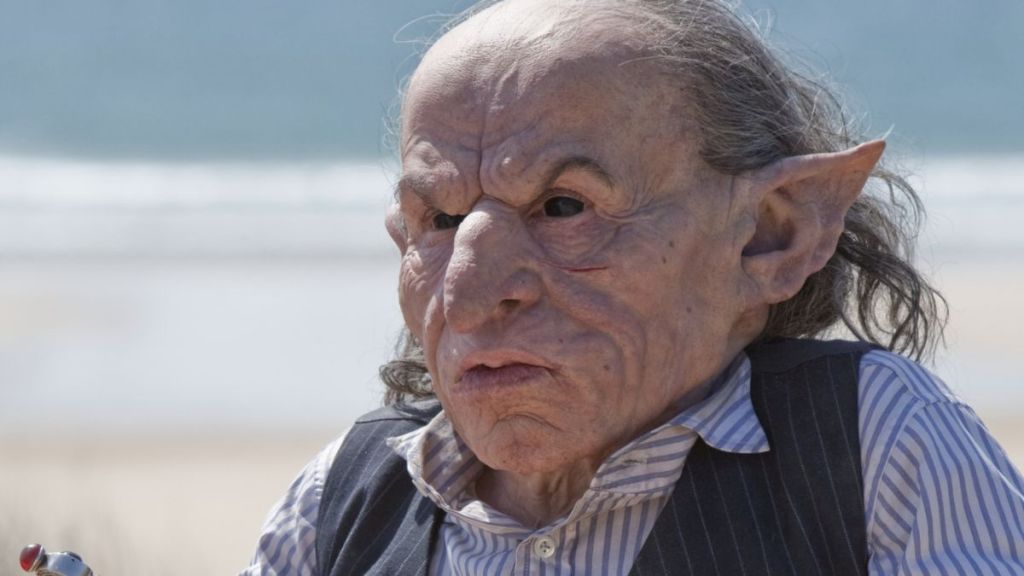
The Jewish community, across centuries, has been unjustly blamed for unpleasant economical situations. With much of their cultural history rooted in banking and entertainment, past figureheads have blamed them for wartime money crises, and modern entertainment figures will blame them for what they believe are inequitable situations in their industry. So, despite any headway they make, the Jewish people have been a historical scapegoat for hard times and strife. They often face treatment as second-class citizens, or worse, despite their contributions to humanity. Combine that with the goblin’s visual cues of antisemitism, and it becomes a pretty upsetting and offensive caricature of Jewish people and their struggles.
Rowling adds insult to injury by making the one major goblin character in the Harry Potter series betray Harry and his friends. Oh, and she also names their language “Gobbledegook.” She either simply hates goblins or knows what kind of picture she’s painting.
So, we can blame this persistently unpleasant portrayal of goblins on Rowling’s world-building. But why would this cause problems if other people were writing the story? In the hands of a new writer, things would improve, right?
How Hogwarts Legacy fits into Rowling’s antisemitic goblin problem

In the case of Hogwarts Legacy, a new story written by Avalanche Software’s completely separate team of writers, they had the entire timeline of Rowling’s wizarding world at their fingertips. To no surprise, one of the most richly described points of history that Rowling created came in the form of the goblin rebellions. Ultimately, that’s what Avalanche chose for inspiration, writing in Ranrok’s 1890 rebellion as one of the major conflicts of their game. Ranrok, leader of the goblin rebellion, plans to harness the same forbidden magic that the player is able to use, which also means he’s chasing down the same artifacts and locations as your main character. Easy villain, right?
Not really — not the way Avalanche Software does it. Unfortunately, despite the fact goblins are treated as lesser beings and have every right to want to rebel, Ranrok is not portrayed as a complex villain. Instead, he’s greedy, persistent, and willing to kill his own people (including his brother) to achieve his goals. He’s framed not as a leader driven to the edge because of wizard mistreatment, but as a power-hungry goblin who went too far.
So, given the context of Rowling’s skewed perspective of the goblin rebellions, a group that has valid reasons to rise up against the wizard hierarchy gets turned into a simple, evil entity. Given all the Jewish coding of goblins, especially Rowling’s, no wonder it’s offensive that the villain of this game is just a greedy antisemitic caricature. And if writers can’t help but see Rowling’s world and follow in the footsteps of those same narrow, insensitive perspectives, is the world of Harry Potter all that salvageable? Is the author really “dead” here?
Other antisemitic writing in the wizarding world of Harry Potter
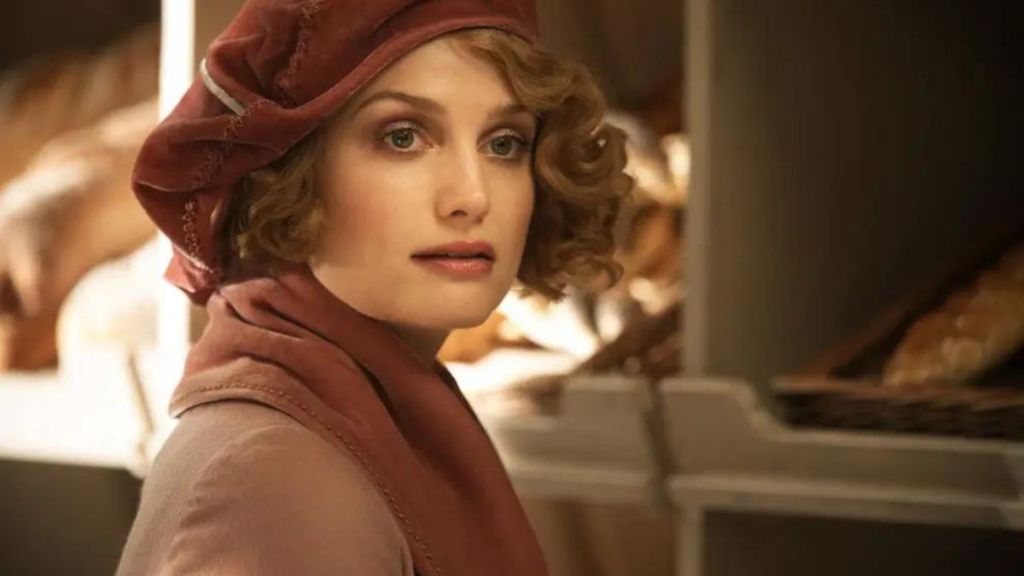
It’s not just a fluke with Hogwarts Legacy, either. J.K. Rowling also wrote the first two Fantastic Beasts films and co-wrote the third, and the filmmakers enabled her Jewish-coded characters’ questionable portrayals. In Fantastic Beasts: The Crimes of Grindelwald, it’s supporting character Queenie Goldstein who abandons her friends to join Grindelwald’s side. Grindelwald is also joined by two other subordinates with Jewish-coded names: Fischer and Vogel. Considering Grindelwald at times is a very clear “wizard Hitler” analog, that’s quite the startling writing choice. Why is it that so many Jewish characters are on the bad guy’s side?
The only excuse could involve Grindelwald’s goal: stopping World War II and, ultimately, the Holocaust. While his proposed method — subjugating all Muggles — is horrific, he does want to prevent the slaughtering of millions. However, the wizarding community (and the filmmakers) act like their only options are Grindelwald’s plan or complete non-interference. But why, in any world, are the only options “subjugate the Muggles” or “let 6 million Jewish people die”? This is a story about wizards. There certainly could be some sort of countermeasures in between doing nothing and human rights violations. Yet, it’s as if the horrors faced by the Jewish people become secondary to the moralistic standpoint Rowling created for her world, that wizards and magic must stay hidden at all costs.
But Rowling’s wizarding world is just like this. The world of Harry Potter is all about protecting the rights of the “good” oppressed people, but anyone that she doesn’t like or doesn’t have an interest in? They are fair game for these unfair and cruel depictions. To her, goblins are greed-mongers who don’t deserve wands. Her writing insists that many house elves enjoy being slaves, actually. She even stumbles into another horrific minority caricature when writing the centaurs. In Rowling’s world, only the more civilized centaurs are the “good” ones. All the rest are wild and untrustworthy, willing to ruin, pillage, kidnap, and murder. That’s terrifyingly similar to how many white colonizers throughout the centuries treated and characterized the Native American people and other tribal communities.
As much as people don’t want to admit it, Rowling’s views aren’t overt, but they’re infectious. When people read her stories, when they write in her world, these smaller communities are constantly set up to be poorly portrayed while the “good” communities are protected and championed.
What should fans do about Hogwarts Legacy and Harry Potter?
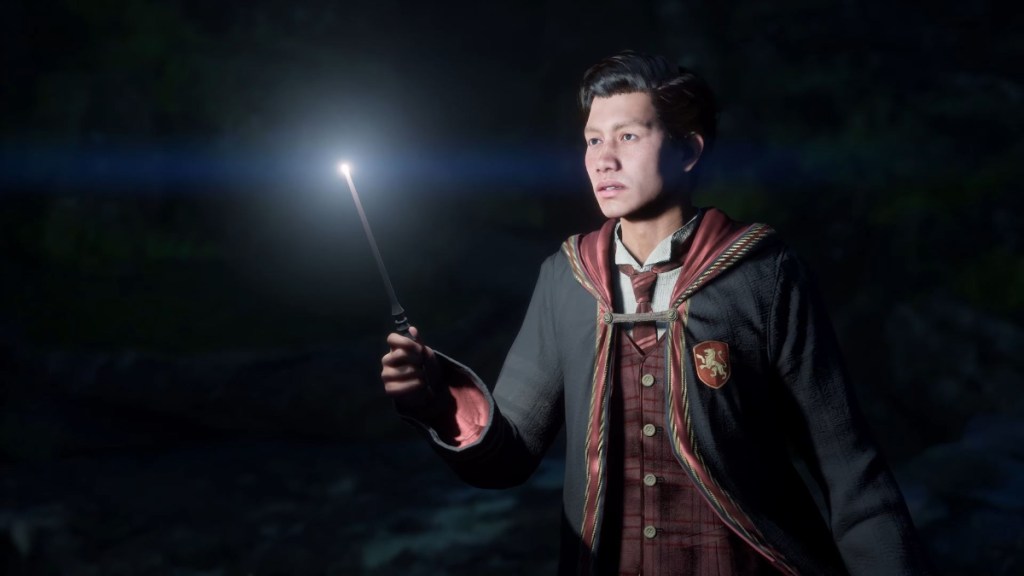
A sentimental attachment to the wizarding world of Harry Potter is understandable. When you felt like no one understood you, your best friend Ron was breaking you out of your bedroom. When you felt like people weren’t listening to you, Hermoine made a time-turning plan to save you and the things you loved. When childhood felt its loneliest, its most hopeless, Harry Potter helped you feel like you and your friends could be heroes. There is a reason people loved these stories. They grew up with them, and it’s okay to cherish what you once had with the series.
But as beautiful as that is, we’re grown-ups now. We have to accept that those beloved heroes were built in a world made to ignore, disrespect, or even hurt some communities. We have to ask ourselves if that’s the world we really want to keep cherishing, or if we should move on from it. We can abandon the author, but the wizarding world of Harry Potter won’t stop hurting people unless we leave it behind in our childhoods, too.
Related: 5 LGBTQ+ developed games to play instead of Hogwarts Legacy
Hogwarts Legacy is exactly what its title says: it is the legacy that Rowling created for any story written in her world. Even if they didn’t pick the Goblin Rebellions, what else is there? The life and times of evil gay wizard Hitler? The imprisonment and rape of Tom Riddle Sr.? The horrific murder-suicide origins of The Grey Lady, Helena Ravenclaw, and The Bloody Baron? They would’ve had to make up something completely new to even have a chance of avoiding all the horrific history Rowling created. And if you do change all that, is it actually the wizarding world of Harry Potter, or just an alternate world using the same names?
The creators of Hogwarts Legacy may not like it, but they just added one more story to a long history of harmful Harry Potter tales. As consumers, as people, the least we can do is stop feeding it. No more goblin rebellions, no more gobbledegook. You can and should appreciate what Harry Potter might’ve done for you. But otherwise, we should let J.K. Rowling’s unjust wizarding world die.


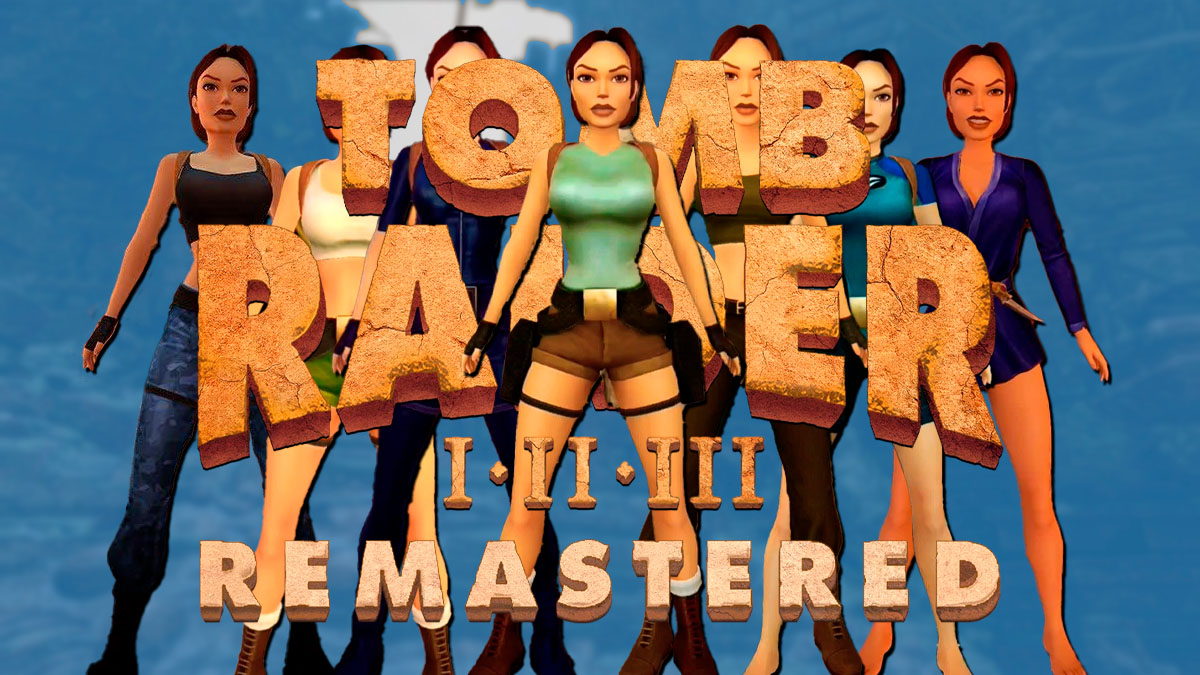
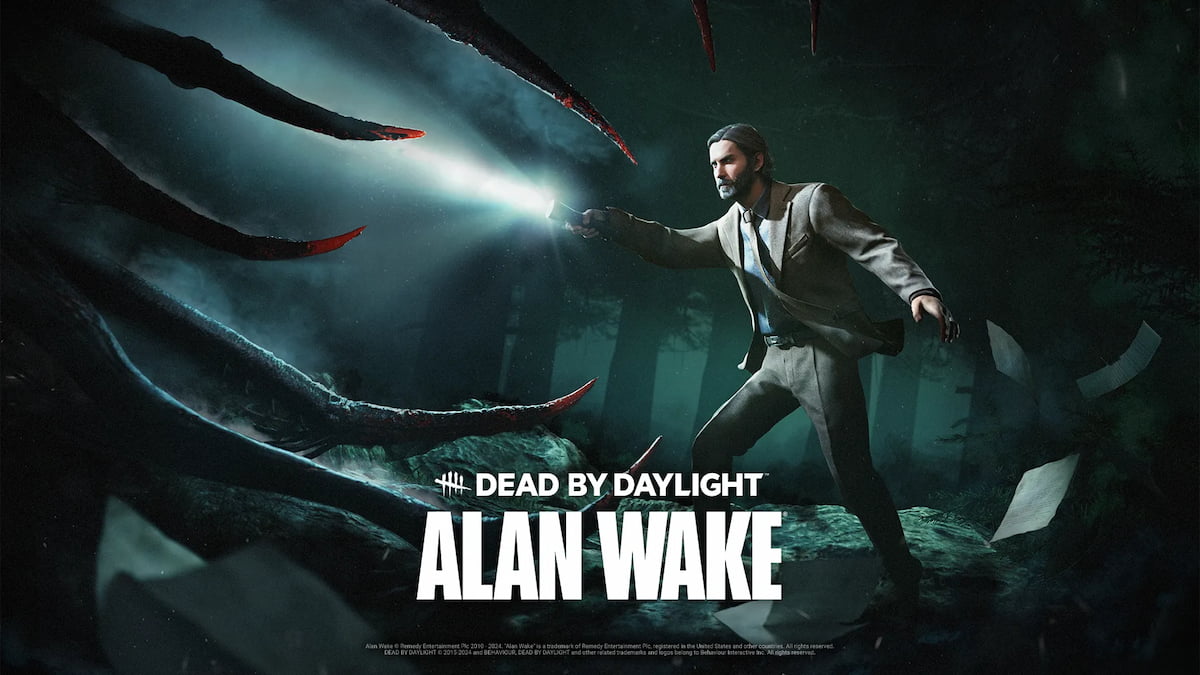
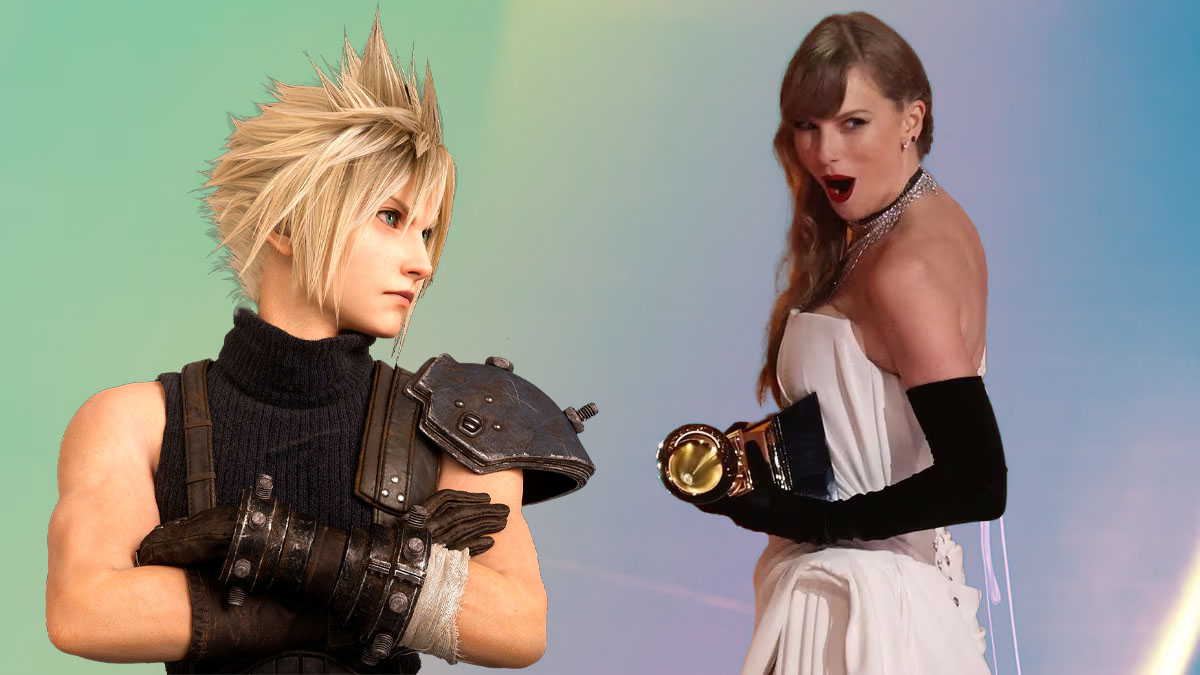

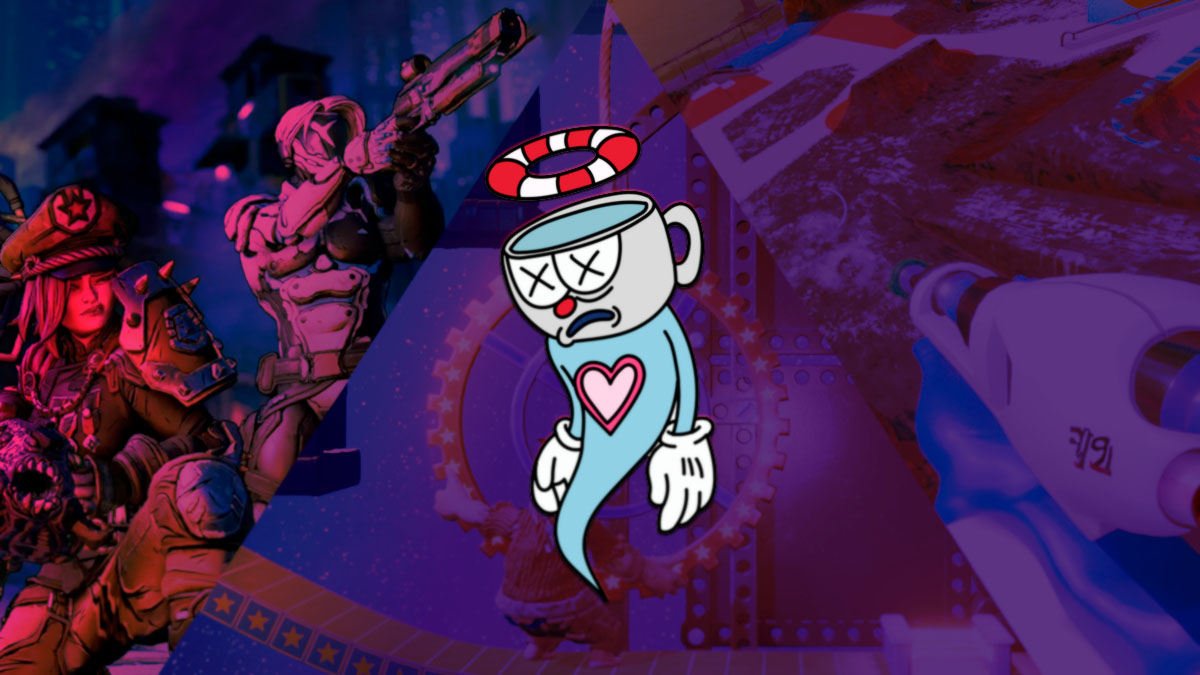
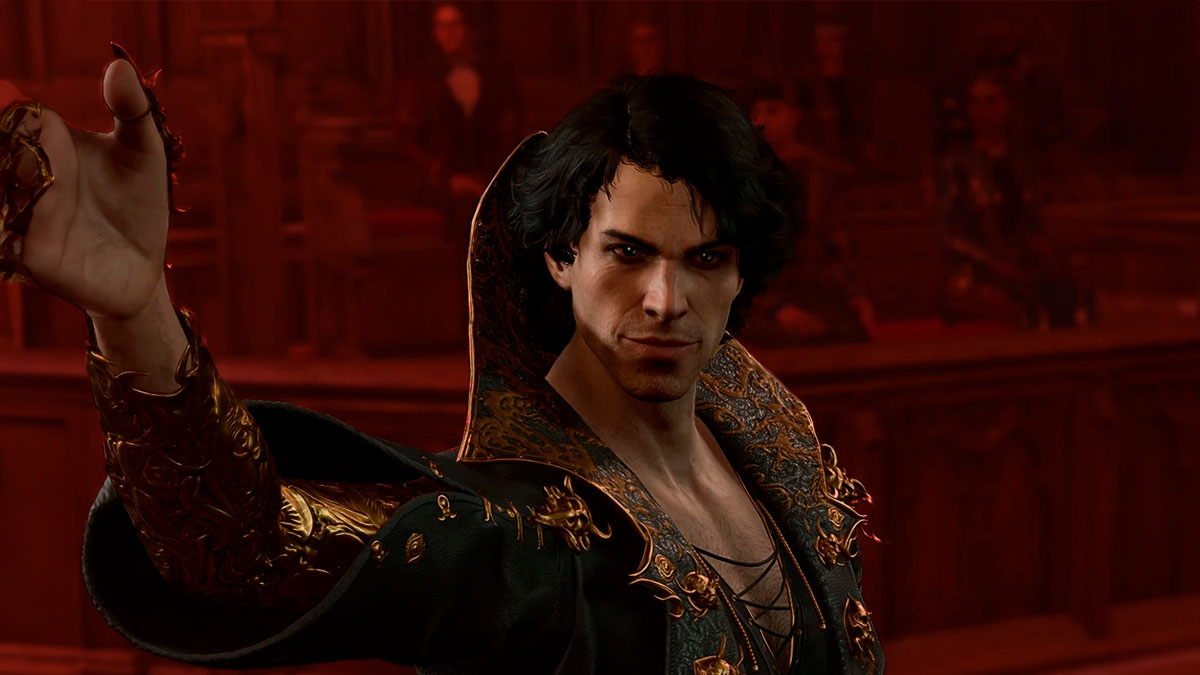
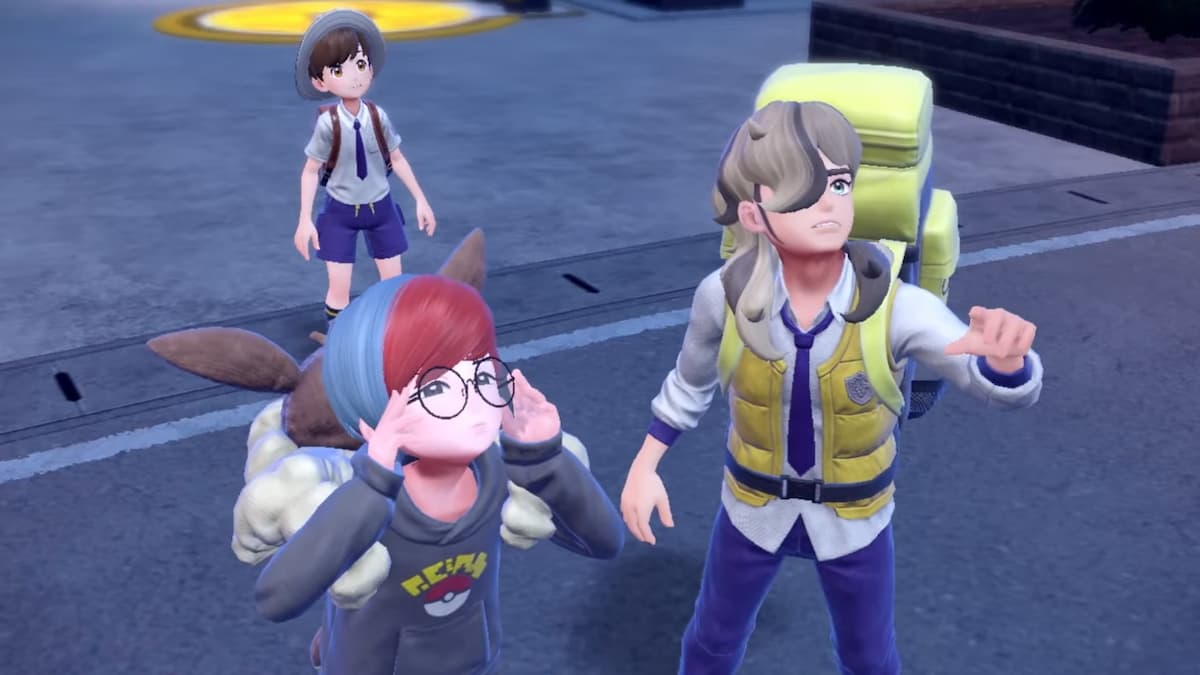
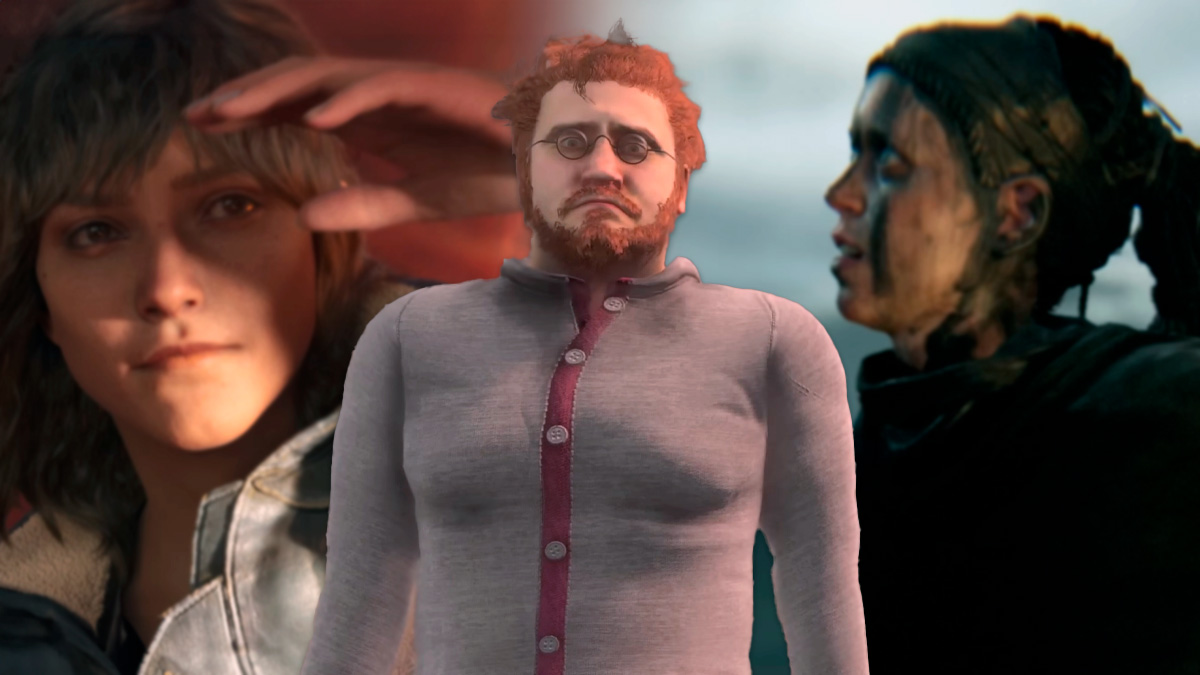
Published: Feb 10, 2023 05:00 pm